Benefits of Implant-Supported Dentures
March 29, 2023
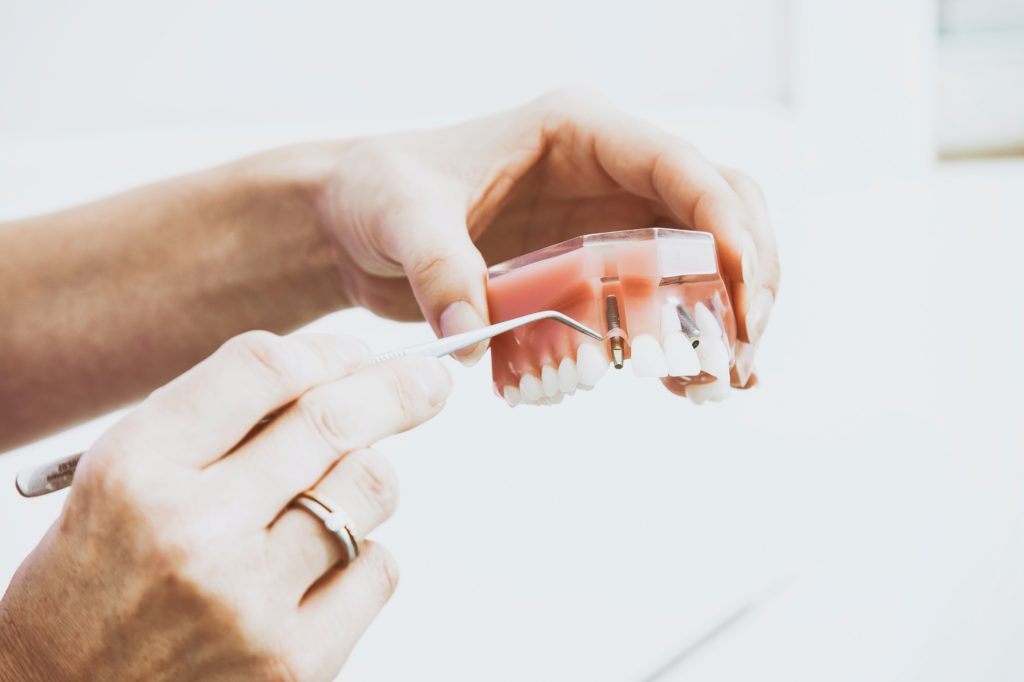
When adults lose teeth as they age, they often jump to the conclusion that they will need traditional prosthetic dentures, which sit on the gums of your mouth. Thankfully, technology has progressed over the years and we have alternatives for bringing back the appearance of your natural smile, with dental bridges that anchor to existing structures in your mouth. One of our favored alternatives is Permanent Implant-Supported Dentures. Not only do these preserve the aesthetic of the mouth, but they also protect the overall structure of the mouth by preventing the surrounding teeth from moving out of their usual position, further preventing discomfort as these structural changes take place.
(more…)FAQs About Dental Abscesses
April 28, 2022
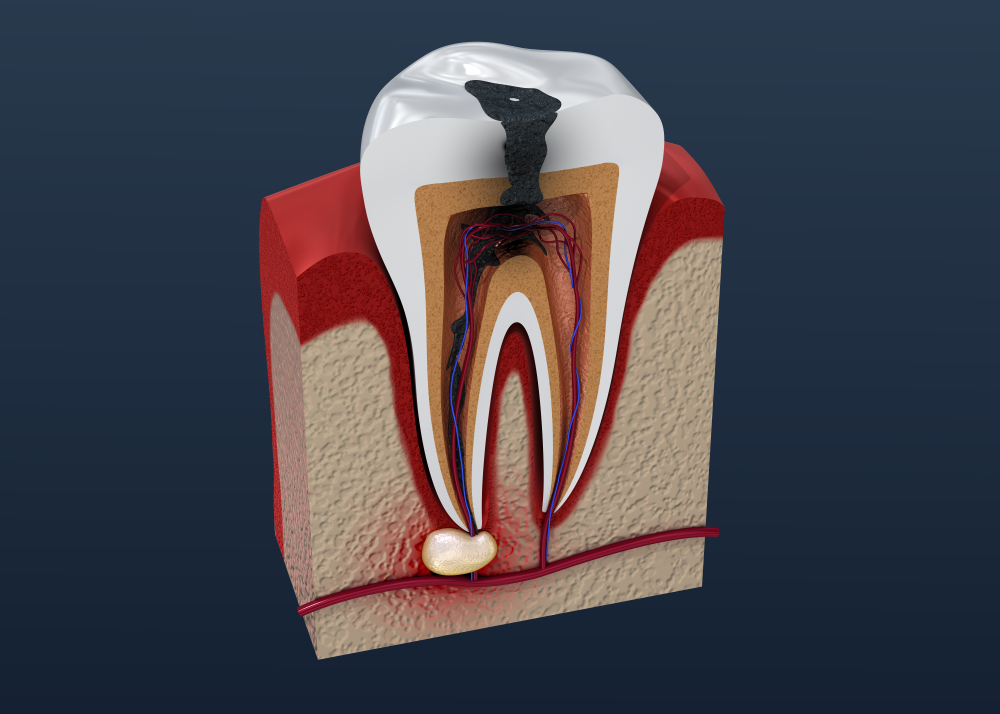
If your tooth is aching, it is essential to visit a dentist as soon as possible. A dental abscess is an infection that can cause extensive damage to your teeth and gums if left untreated. This article will provide a comprehensive guide to understanding the frequently asked questions about dental abscesses. At DeSoto Dentist we hope that this information will help you get the treatment you need and restore your oral health!
5 Signs You Need Your Wisdom Teeth Removed
November 10, 2021
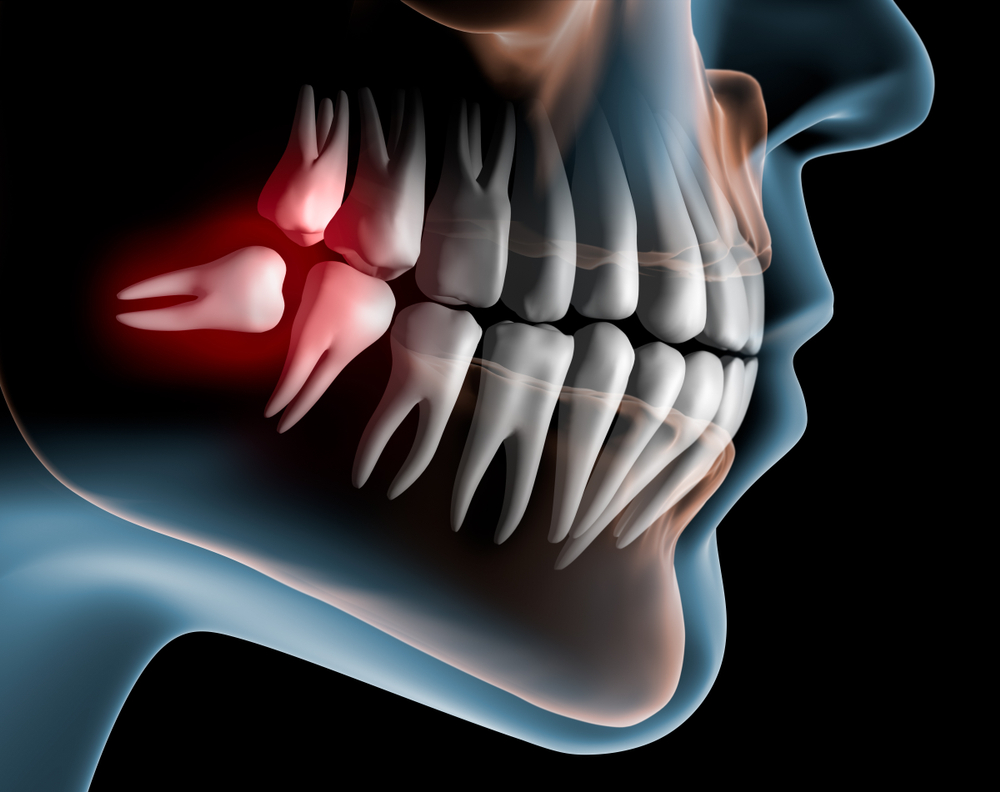
The wisdom teeth are the last set of molars to appear in your mouth. Typically, wisdom teeth don’t cause any problems and may not need to be removed. However, wisdom teeth that do not fully erupt into the mouth can cause a variety of health issues such as pain or infection.
But many people don’t think they need wisdom teeth removed until they start to experience pain. This is unfortunate because wisdom teeth removal can be done in just a few visits, and the sooner you get them out, the less likely it will be that you’ll have complications down the line.
Here are 5 signs that wisdom teeth extraction may be necessary.
(more…)Is A Tooth Implant Right For Me?
October 21, 2021
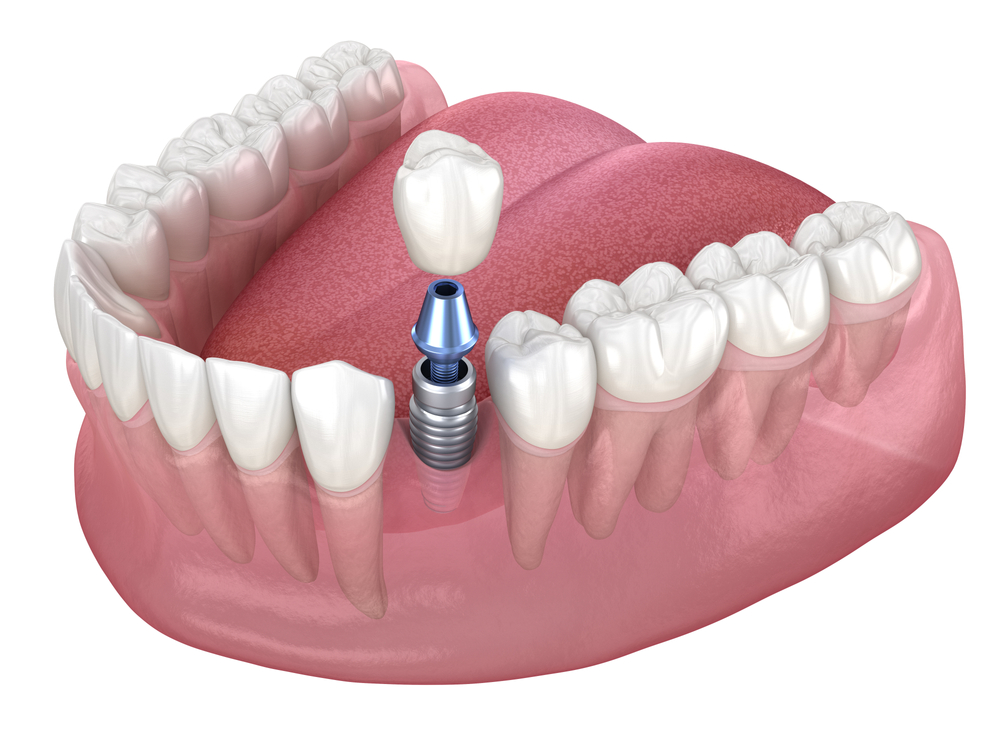
You may be considering a tooth implant because you’re either missing teeth or your teeth are too weak to withstand chewing. You want the best for your mouth, and we understand that completely! But if your question is, “Is a tooth implant right for me?” we can give you some helpful information about implants and how they work. That way, when it’s time to decide whether or not an implant is an option for you, you’ll have all of the facts on hand!
(more…)Do I Need a Wisdom Teeth Extraction Procedure?
November 30, 2020
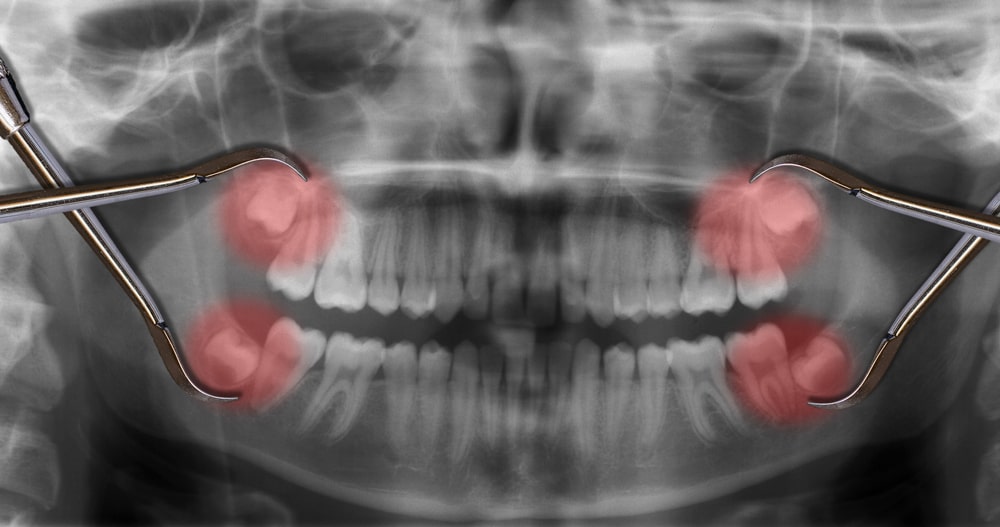
Many patients assume the only reason to have a wisdom teeth extraction performed is to avoid overcrowding of their teeth. While this can be one reason for the procedure, it is far from the only reason. The fact is your wisdom teeth could surprisingly be at the root of many underlying health issues. So how do you know if you need to contact your DeSoto area dentist for a wisdom teeth extraction procedure?
What Is a Wisdom Teeth Extraction Procedure?
To put it simply, a wisdom teeth extraction procedure is simply the removal of one, or all, of your wisdom teeth. Your wisdom teeth are the last set of molars to emerge from the very back of your gums, usually during the teen years. Since many of us have already undergone corrective oral alignment processes such as braces; an extra set of incoming teeth can understandably pose a problem with overcrowding an otherwise set of straight and healthy teeth.
While this overcrowding is one of the most common reasons to have the wisdom teeth removed, there are several other issues that can add to the extraction necessity as well. Knowing what to look for when determining if you should schedule a wisdom teeth extraction, can help you make a timely decision and minimize potential health issues or discomfort.
What Are the Signs You May Need to Have Your Wisdom Teeth Taken Out?
Other than creating a crowded gumline, your incoming wisdom teeth can be the root of many other health issues as well. If you’re debating whether to schedule that extraction, here are a few of the most common issues caused by emerging wisdom teeth:
- Sinus Pain and Pressure. Few patients realize this, but your sinuses have a strong connection to your dental health. Oftentimes, painful and congested sinuses could be an indication of oral health issues. Many patients experience sinus pressure relief after having a wisdom teeth extraction.
- Jaw and Gumline Pain. Since wisdom teeth often grow in compacted – or toward your other teeth – instead of straight in, it can cause severe pain and discomfort as they emerge. If you notice pain while chewing, brushing, or even speaking, it could be caused by incoming wisdom teeth.
- Inflammation and Sores. If your wisdom teeth are left to grow without proper professional care and preventative measures, it can lead to extreme oral pain and discomfort. If you notice swollen gums or cysts forming at the gumline, it’s highly important to speak with your Lancaster dentist about a wisdom teeth extraction.
How to Find a Trusted Local Dentist for Your Tooth Extraction
If you experience any form of discomfort – whether directly related to incoming wisdom teeth or not – it’s imperative to talk to our team of dental professionals today. Wisdom teeth extraction is one of the most common oral procedures done today and is often able to relieve a multitude of health issues for our patients. Give us a call today to see if an extraction may be the right choice for you.
Wisdom Teeth Extraction: What to Expect from Your Upcoming Procedure
August 11, 2020
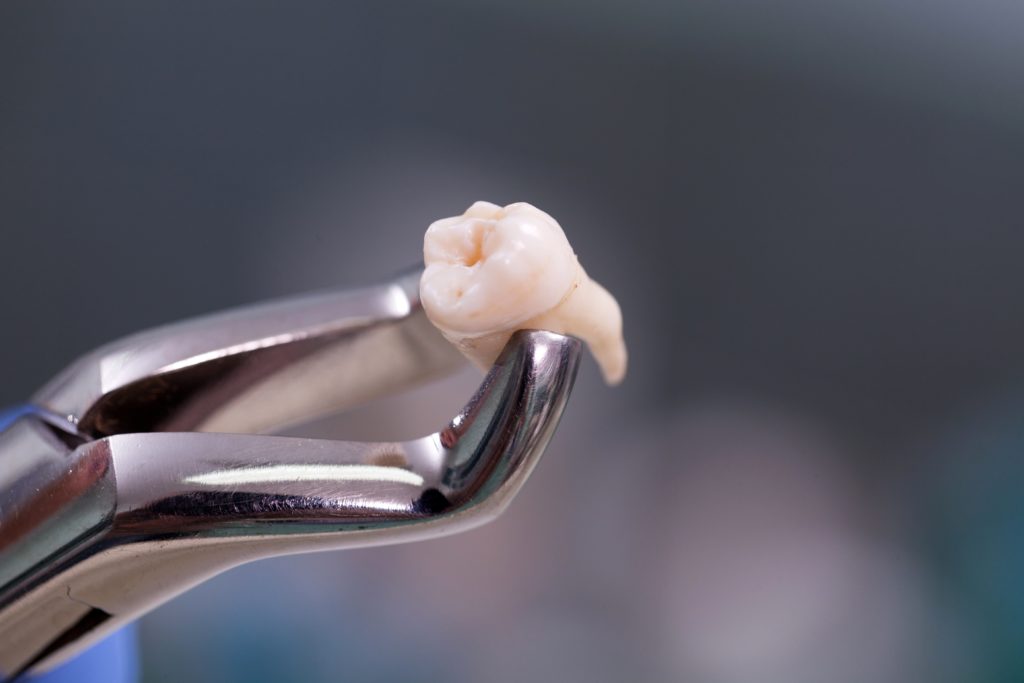
Scheduling a wisdom teeth extraction procedure can bring up many questions and concerns for patients but knowing what to expect and how to prepare can make all the difference. Whether you’ve recently had your wisdom teeth pulled or you’re planning to have the procedure done in the near future, there are certain steps you should take to ensure the process goes as smoothly as possible in order to optimize your recovery period.
Wisdom Teeth Extraction Preparation
Wisdom teeth extraction is one of the most common oral surgeries performed today. In fact, the American Association of Oral and Maxillofacial Surgeons estimate that 90% of people will have at least one of their wisdom teeth pulled, usually between the ages of 17-25. This third set of molars is generally unnecessary and most often causes issues with space in the mouth or crowding of existing teeth, which is why they are so often recommended to be removed.
The best way to prepare for this common procedure is by first discussing the process with your Lancaster dentist. By having an examination and consultation with your dental professional, you’ll have a full picture of not only the positioning of your incoming wisdom teeth, but also, the best understanding of why they need to be removed. Some of the most common reasons include:
- Impacted teeth
- Swelling or pain while eating
- Limited jaw movement
- Teeth crowding
Know the Process
Once you have met with your family dentist Lancaster and determined you need to have a wisdom teeth extraction procedure, the next step in preparation is to know what to expect. Since dental extractions include either a local anesthetic or sedation, patients should discuss each option with their dental professional to determine which method is best for their procedure. Knowing the requirements for preparations such as fasting periods prior to your surgery should also be discussed in advance.
How to Maximize Your Recovery
Your recovery process from having a wisdom tooth extraction performed will vary from person to person. In general, however, most begin to resume somewhat normal activities within a few days. A few tips to keep in mind to help your individual recovery process go as smoothly as possible include:
- Maintain a liquid diet (no straws) for the first full day of recovery.
- Press down with gauze or tea bags to help with initial bleeding gums.
- Keep a soft food only diet for the first week (no foods that require chewing).
- Discuss recommended pain relievers with your dentist.
- Make sure your mouth and surgical site is kept clean, but no excessive brushing until healed.
Your dental professional will be able to give more specific recovery guidelines and tips, so be sure to discuss these with your dentist prior to your surgery in order to be prepared.



